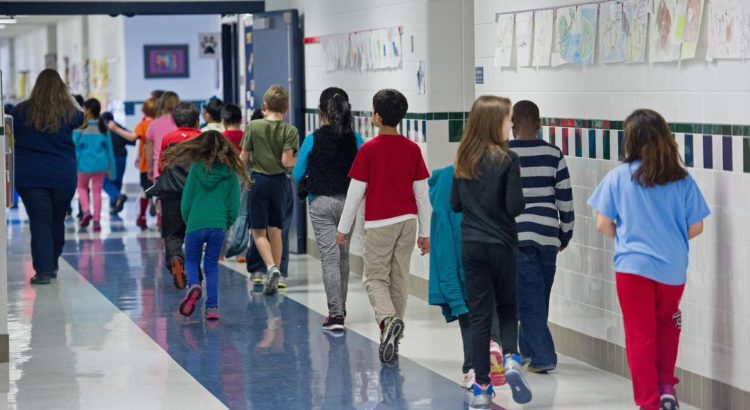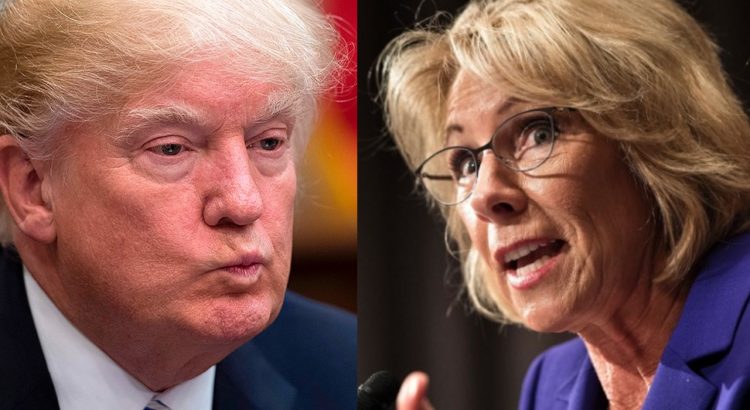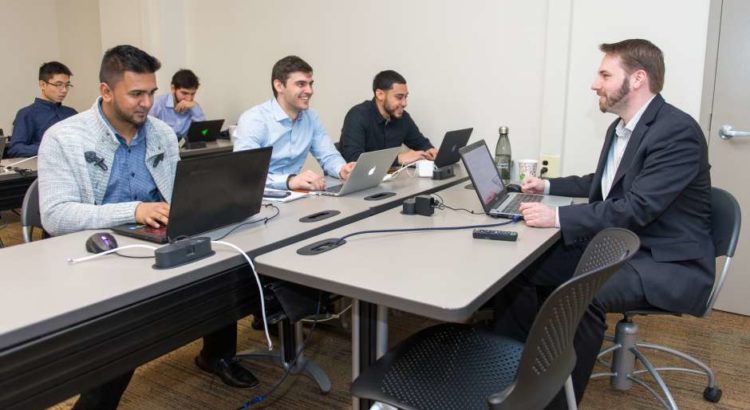Estados Unidos/Abril de 2017/Fuente: Mundo Hispánico
Un grupo de niños provenientes de los estados de Illinois y Florida y la organización Familia Latina Unida hicieron este anuncio hoy en rueda de prensa en la Cámara de Representantes, junto con el congresista demócrata por Illinois Luis Gutiérrez.
Los jóvenes demandarán a Trump por infringir su derecho a la vida, a la libertad y a la búsqueda de la felicidad que recoge como “derechos inalienables” la Declaración de Independencia de Estados Unidos en 1776, en la que se basa la actual Constitución del país.
Además, alegarán una desigual protección por el hecho de que sus progenitores sean indocumentados, además de discriminación por su origen, en una acción judicial que llaman “No me hagan huérfano”.
En la actualidad, entre 5 y 6 millones de niños nacidos y criados en Estados Unidos tienen a uno o dos progenitores indocumentados en el país que, aunque no son prioridad para ser deportados, están en peligro de ello.
Estos padres de ciudadanos siguen en el limbo después de que la Acción Diferida para Responsabilidad de los Padres (DAPA) proclamada en 2014 por el entonces presidente del país, Barack Obama, no llegara a entrar en vigor y el Tribunal Supremo no emitiera una decisión definitiva.
En declaraciones a Efe, la abogada de Chicago Tia Haywood Monte, que representará a estos menores estadounidenses con uno o dos padres indocumentados, explicó que su objeto es interponer la demanda en un plazo de 30 días a nivel nacional.
Haywood Monte, cuyo marido también es indocumentado de origen salvadoreño, aseguró que ahora están intentando que el máximo número de letrados se unan para interponer demandas a nivel de estados.
Por su parte, Gutiérrez defendió que los inmigrantes acudirán a los tribunales como lo hicieron los afroamericanos para acabar con la segregación racial en EEUU, la comunidad LGTB (lesbianas, gais, transexuales y bisexuales) para legalizar el matrimonio del mismo sexo y los musulmanes para paralizar el veto de viaje impuesto por el presidente Donald Trump a seis países mayoritariamente de esa creencia.
“Trump no solo quiere que los americanos teman a los inmigrantes, sino que también busca que los inmigrantes tengan miedo a los americanos, a las instituciones y a las autoridades del país. Pero no tiene ni los recursos ni los medios para deportar a los millones que prometió. Por eso, necesita crear esta política del miedo”, aseguró mientras prometió defender a los menores.
Por ello, Familia Latina Unida exigió al Gobierno del país la responsabilidad de poner fin a estas separaciones familiares “injustas para la protección de estos niños que se enfrentan con el miedo, el trauma, la separación de sus madres y padres y se ven obligados a vivir con menos seguridad que otros ciudadanos que no viven con miedo de las deportaciones”.
Una de las caras de preocupación fue la de la indocumentada mexicana Verónica Castro, de cuyo cuidado dependen dos de sus cuatros hijos estadounidenses que tienen una discapacidad y su esposo, el veterano militar Ricardo Pinedo, que sufre de diabetes.
Castro dijo a Efe que su familia no podrá seguir adelante sin ella, aunque celebró que durante un año más no tendrá que preocuparse de la deportación, ya que los agentes del Servicio de Inmigración y Control de Aduanas (ICE) le han extendido el permiso para quedarse en el país.
Mahalea Velasco, una niña de 11 años nacida en EEUU cuyo padre, Hugo, fue deportado hace 5 años, relató entre lágrimas el drama que su madre, Cecelia García, que también es ciudadana del país, y sus cuatro hermanos han vivido desde entonces.
Por su parte, la adolescente de 15 años Izaithelle Aguirre contó a Efe que su familia ya ha previsto un plan en el que ella y sus hermanos se quedarían con su hermana mayor de edad o su vecina, en caso de que deportaran a su madre a Honduras después de 17 años en EEUU.
Catherine Carlin, de 13 años, también expresó a Efe que teme, junto con sus hermanas de 9 y de 11 años, la deportación de sus padres, ya que no quieren volver a separase de ellos después de haber estado durante el pasado año y medio a cargo de los servicios sociales.
Fuente: http://mundohispanico.com/noticias/inmigracion/ninos-de-ee-uu-demandaran-a-trump-por-deportaciones-de-padres-indocumentados














 Users Today : 17
Users Today : 17 Total Users : 35460690
Total Users : 35460690 Views Today : 40
Views Today : 40 Total views : 3419822
Total views : 3419822